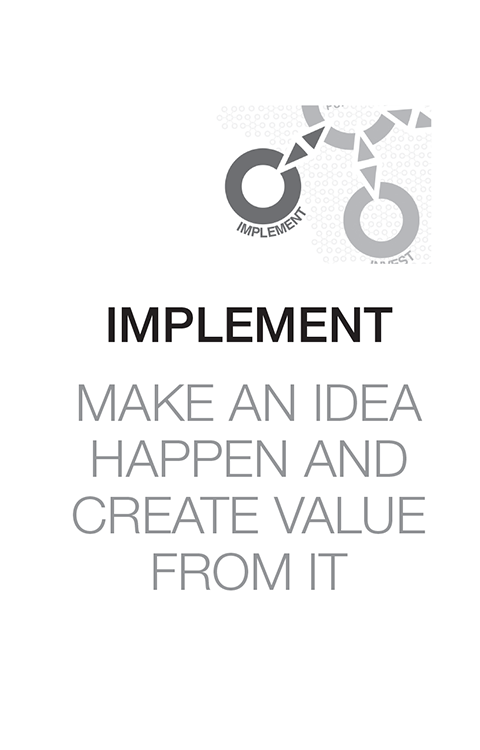‘Where are we going to find someone with that type of expertise?’ I asked my colleague, as we discussed a new business idea. It was February 2000 and I had left a steady job, in a large organisation, to work in a corporate incubator – a department that focused solely on developing innovative businesses – in Hamburg in Germany. I was called a ‘future shaper’ – tasked with identifying new growth opportunities and developing propositions.
The buzz was electric, working day and night, as a small team of thinkers. We crystallised our ideas and sized the potential market for our new product.
‘I know,’ said one of the team. ‘I have a friend who is a leading researcher into our area. He is the man.’ So began our quest and deep dive into the world of psychology, as we created a partnership with Dr Gilles Spony, award-winning cross-cultural psychologist, to translate his 10-year research findings into an online assessment tool that could be used in organisational life.
After deliberation, it was decided that we needed to develop a partnership with a company that specialised in placing consultants and project managers into multinational companies. A couple of us, in the corporate incubator, were asked if we wanted to pioneer the new venture into the market. We did. What followed was two years of building, from scratch, a technology business that specialised in human capital development. My colleague taught himself to code and built the initial prototypes while we searched for an IT partner who could develop and help to scale the applications. I focused on business and product development, working closely with Dr Spony to create the service offering.
What we had not anticipated, however, despite the innovative application we had invented, was the conservative nature of buyers and the difficulty of bringing to market an innovative product. Eventually, we had successes with large business schools and a range of multinationals. However, implementation was difficult.
Herein lies a lesson for all of us. We may have identified an opportunity; in our case, the need for a leadership profile that could assess cultural differences. We have ignited a solution – for us, an online suite of applications that could measure individual, team and organisational values and the impact national culture had on leadership decisions. We may have raised some investment and built partnerships, but then the hard work really begins. Implementation. Often, we do not think of our ability to implement as part of being innovative, but it is. Without implementation, no innovation happens.
There are so many variables that make something work, particularly something innovative. As I look back on that time of my life, it is easy, with hindsight, to take it apart and scrutinise the mechanics as if it were a machine full of logic and formula. What is clear, though, is that innovating is hard work and requires discipline and determination to keep going, even when things get tough. Having an idea and a vision is essential, but not enough. This is the stage when we hit the wall of disappointment. We also have to know when we need to move on and let things go. This is also incredibly difficult to do, especially when you have invested so much personal energy into trying to make something succeed.
Our ability to implement, so we can see an idea come to fruition, is the subject for this chapter.
Throughout, I will give examples, tips and activities to help you improve your ability and confidence to implement new ideas.
This phase is central to innovation for, without the ability to take an idea through to implementation, value is not created and innovation does not happen. Implementation involves systematically completing tasks, planning and organising and managing risks. This is the hard work of innovation, as the ability to execute on a plan and get things done is paramount. The mindset for implement is being committed, seeing things through and making things happen.
Managing risk is important, too, as being able to scan the horizon and see where there might be potential problems can save a lot of time and money in the long run. From a leadership perspective, keeping people motivated to deliver on time and to budget and building the right team with the necessary skills are important behaviours. Implementation requires the ability to create and build strong teams with diverse experiences and competences.
Being able to motivate others can also help to drive productivity and efficiency and create a culture of innovation where people feel motivated to succeed. Sometimes, the competences or capabilities to execute on an idea may be lacking, so building alliances with other people and organisations could be critical. Partnering and collaborating is becoming increasingly important, so be mindful of this, as you might need to find potential partners in order to implement your ideas.

